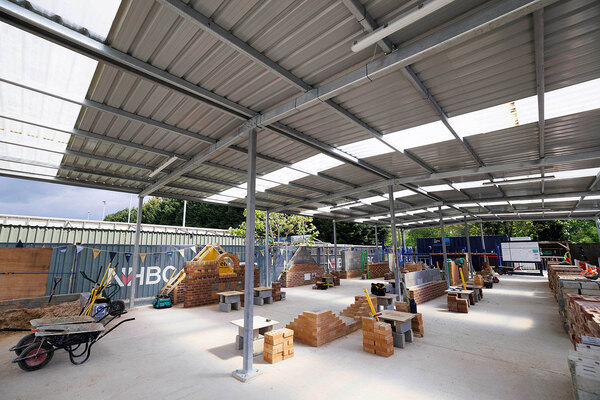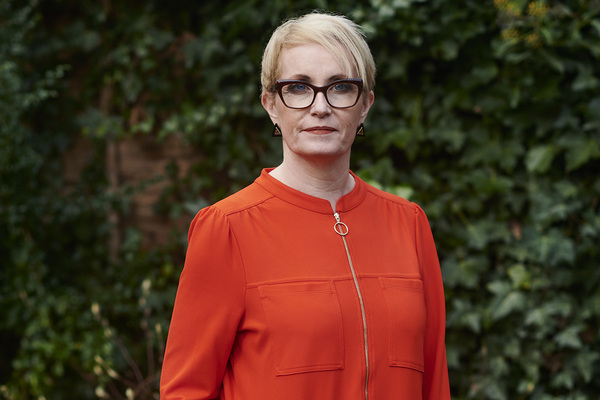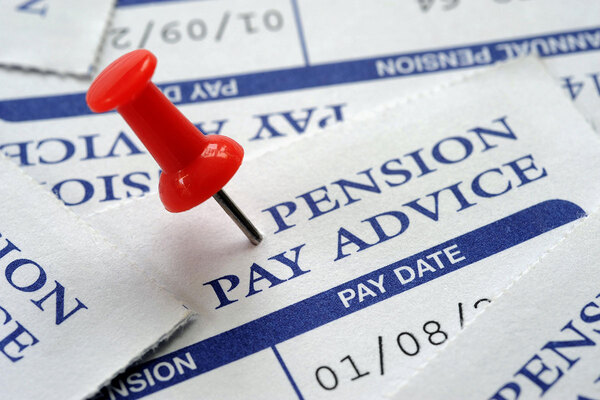You are viewing 1 of your 1 free articles
Disabled residents need evacuation plans in buildings of all heights
Will the government go far enough in accepting the Grenfell Tower Inquiry’s recommendations for disabled people, asks Amris Sahota, senior advisor at disabled people’s organisation Real
In response to Phase 1 of the Grenfell Tower Inquiry’s recommendation to implement personal emergency evacuation plans (PEEPs), then-building safety minister Rushanara Ali announced the Home Office will bring forward proposals in the autumn to improve fire safety and evacuation procedures for disabled and/or vulnerable residents in high-rise and high-risk residential buildings.
A PEEP details what support someone may need to evacuate a building quickly and safely, such as assistance or equipment for a person with limited mobility. Full details of the policy and how it will be implemented are yet to be confirmed.
Ms Ali is now the minister for homelessness and democracy, and Alex Norris has taken over the building safety brief.
In the meantime, we are left to wonder whether the proposals will go far enough and protect all disabled people living in social housing from harm.
We are Real, a disabled people’s organisation in Tower Hamlets, and we are campaigning to improve fire safety and emergency evacuation policies for disabled people living in social housing. When we began co-producing our campaign last year, we surveyed residents on issues they had experienced or continue to experience in social housing.
Alongside issues of disrepair and the lack of supply of accessible housing, it became apparent that many residents lacked awareness of fire evacuation procedures in their homes. People who may need support to evacuate their home safely in an emergency either didn’t have, or didn’t know if they had, a PEEP with their housing provider.
With disabled people facing higher risk of harm during emergencies, a fact sadly highlighted by the disproportionate number who lost their lives in the Grenfell tragedy, the lack of adequate fire safety procedures for disabled people became our campaign focus.
“People who may need support to evacuate their home safely in an emergency either didn’t have, or didn’t know if they had, a PEEP with their housing provider”
Our research shows that fire safety policies differ between housing providers. This creates a postcode lottery; some housing associations offer PEEPs, others do not, so the level of protection residents are offered depends on where they live and who their landlord is.
We also found that fire safety procedures were not always effectively or appropriately communicated to residents. Disabled people may require information in alternative formats, have specific communication needs, and they are more likely to be digitally excluded.
If vital information regarding fire safety and evacuation measures is provided in an inaccessible way, or is only communicated via email, many people will miss it. Alongside the lack of a consistent fire policy, this communication gap endangers disabled people disproportionately.
Concerningly, we can see this in Tower Hamlets Council’s own housing provision. In a Freedom of Information request, we found the council does not offer PEEPs or hold accurate information on how many residents have impairments which could affect their ability to evacuate their home safely. When asked what accessible formats they made policies available in, the answer was that they don’t.
Providing an accessible and inclusive service is a requirement of the Equality Act 2010. In this instance, accessible communication saves lives, something the council should always prioritise.
“If PEEPs are only offered to residents of high-rise blocks, currently defined as those above 18 metres in height, this leaves many disabled or vulnerable residents at disproportionate risk”
Ms Ali’s announcement is welcome and we are grateful that fire safety for disabled people is at the forefront of conversation. However, if PEEPs are only offered to residents of high-rise blocks, currently defined as those above 18 metres in height, this leaves many disabled or vulnerable residents at disproportionate risk. The Grenfell Tower Inquiry highlighted that the definition was arbitrary, and relating risk merely to the height of the building was insufficient.
The government has committed funding next year to work on PEEPs. In the meantime, our campaign group has co-produced a briefing which outlines the barriers disabled people face relating to fire safety, proposes solutions to overcome these, and contains steps landlords, councillors, MPs and residents can take.
Accessible communication, landlord cooperation and a PEEPs policy that includes all blocks are essential to keep disabled residents as safe as possible.
Amris Sahota, senior advisor, Real
Sign up for our fire safety newsletter
Already have an account? Click here to manage your newsletters













